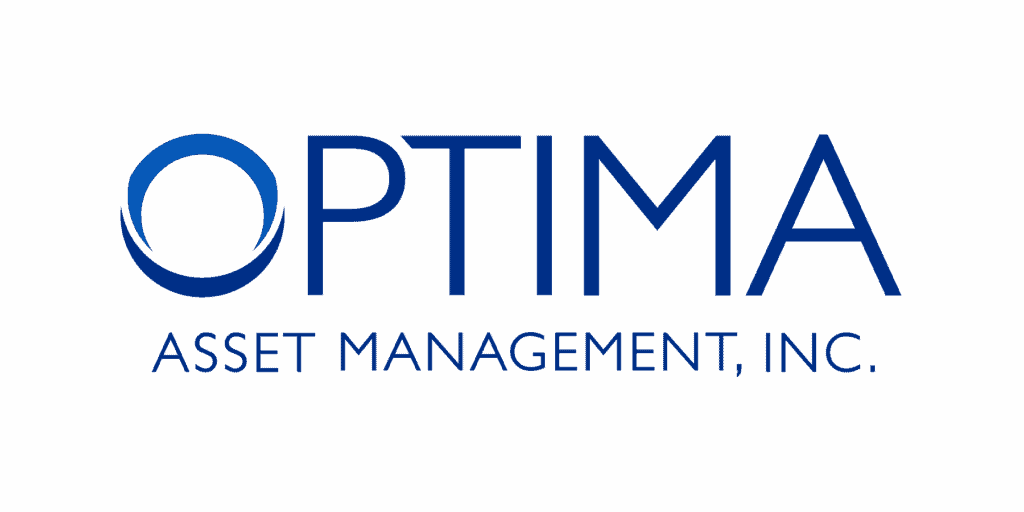What Is An HSA?
A Health Savings Account, or HSA, is a savings account with a unique triple tax benefit. Contributions reduce taxable income, their growth within the account is tax-free, and qualified withdrawals (that is, ones used for medical expenses) are also tax-free.
Can Anyone Open An HSA?
No. In order to qualify for an HSA, you must be enrolled in a High Deductible Health Plan (HDHP), as defined by the IRS. Please note, some health insurance plans have high deductibles but don’t qualify you for an HSA…only plans tagged “HSA-eligible” qualify.
What are the benefits of an HSA?
- Tax-free contributions
- Tax-free earnings
- The money in your HSA can be invested in mutual funds, stocks and other investment tools.
- Tax-free withdrawals
- When money is withdrawn to pay for qualified medical expenses, there is no tax on the withdrawal. Most medical, dental and vision expenses are covered. A complete listing of qualified medical expenses can be found here.
- If you withdraw money outside of the qualified medical expense definition, you will pay tax on the withdrawal (and, a 20 percent penalty if you’re under 65 years of age).
- Balance rolls over each year.
- Unlike a Flexible Spending Account, the balance in your HSA rolls over from year to year. You never have to worry about losing your savings.
- Upon reaching age 65 and enrolling in Medicare, you may no longer contribute to your HSA, but you can still use the money for out-of-pocket qualified medical expenses.
- Lower monthly premiums for your healthcare plan.
- Because of the high deductible, the premiums are lower for these plans.
- HSA funds can be used to pay for medical expenses of spouse or other family members, even if they are not specifically covered by your High Deductible Health Plan.
- HSA funds can be used to pay Medicare premiums for Part B, Part D and Part C.
How much can you contribute to an HSA?
For 2020, maximum contribution amounts are $3,550 for self-only coverage and $7,100 for family coverage. If you’re 55 or older, you can contribute an additional $1,000 for “catch up”. These amounts are subject to revision each year by the IRS. The most current information and guidelines can be found here.
Contact us to further discuss if a Health Savings Account is right for you.








